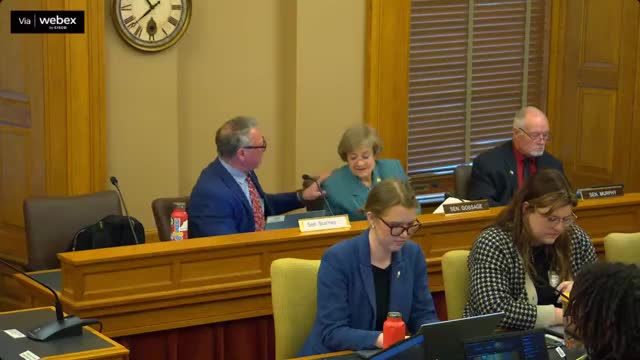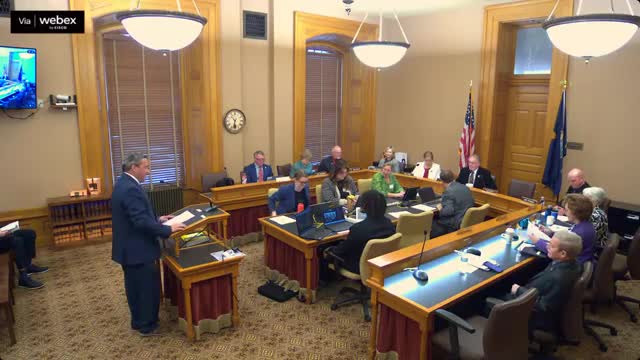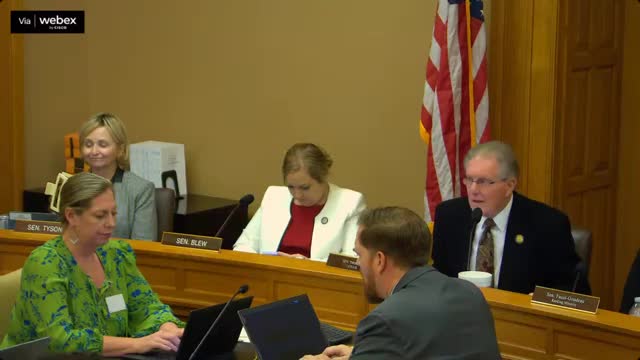Article not found
This article is no longer available. But don't worry—we've gathered other articles that discuss the same topic.

Committee hears hours-long debate on ‘Defend the Guard’ bill to restrict overseas combat deployments

Committee notes introduction of several bills including casino smoking ban and industrial-scale renewable measures

